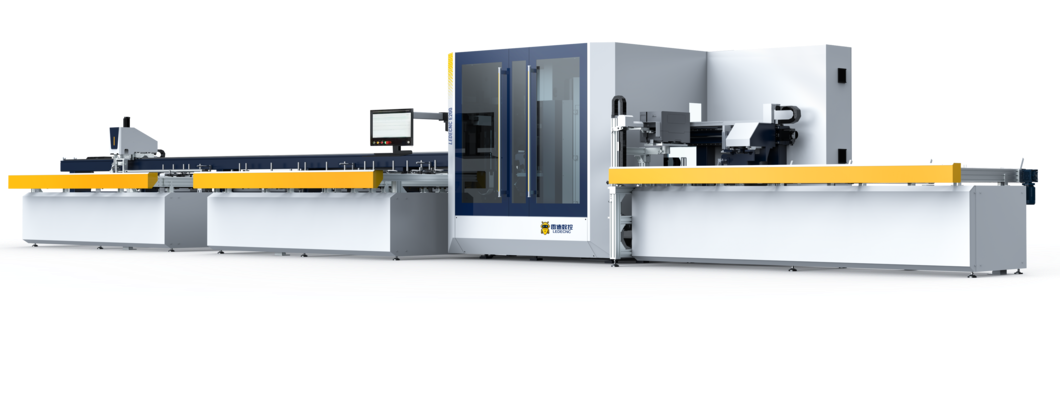_1757560137_WNo_1600d900.webp)
Estimated Reading Time: ~6 minutes
Aluminum alloys are among the most widely used materials in CNC machining, aerospace, automotive, and industrial manufacturing. Their excellent strength-to-weight ratio, corrosion resistance, machinability, and versatility make them essential for high-performance applications. Among the most popular choices, 6061 aluminum and 7075 aluminum often lead the conversation. While they share similarities, they differ significantly in strength, corrosion resistance, weldability, and cost. This article provides a detailed comparison to help you make the right decision for your project.
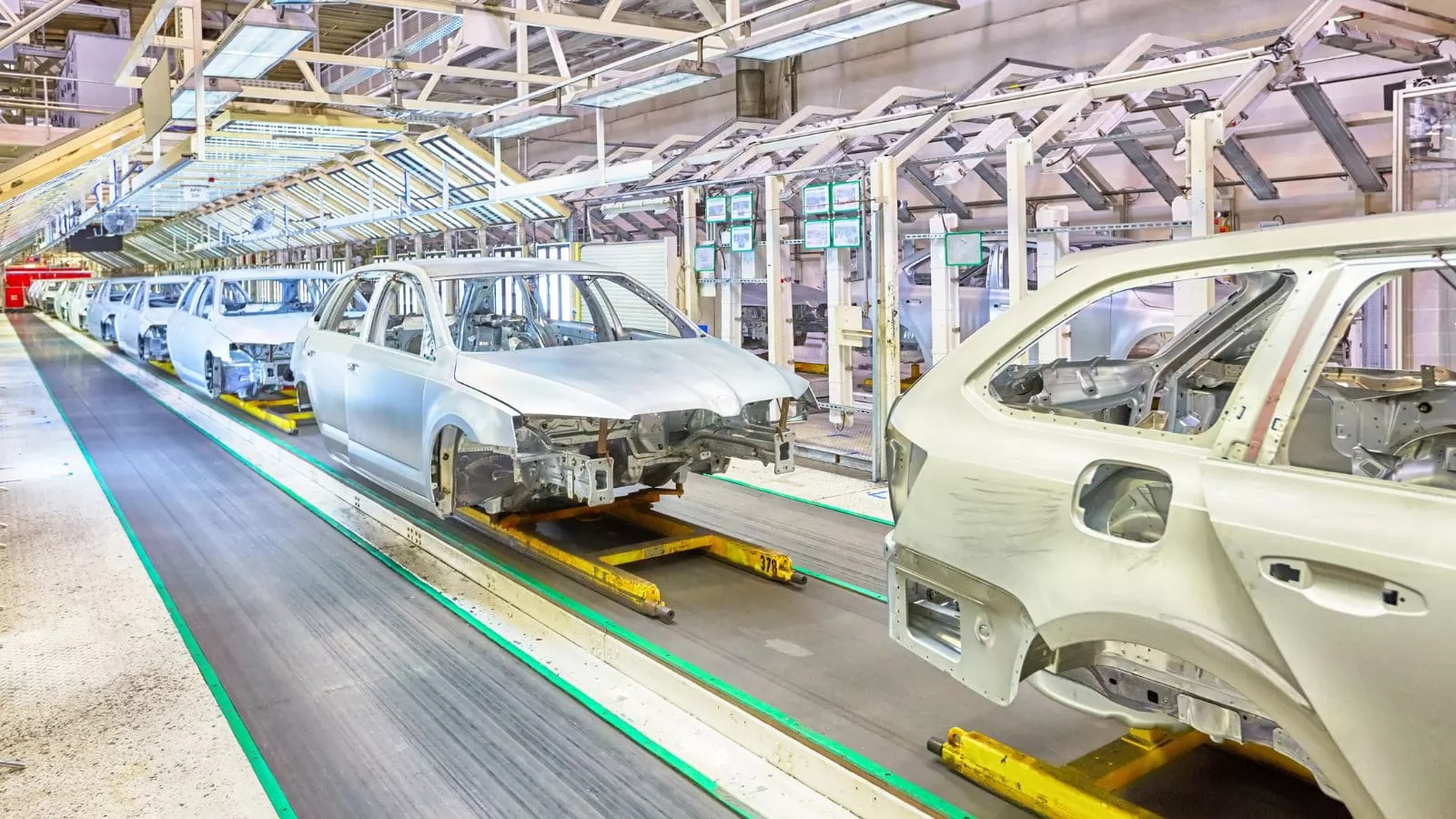
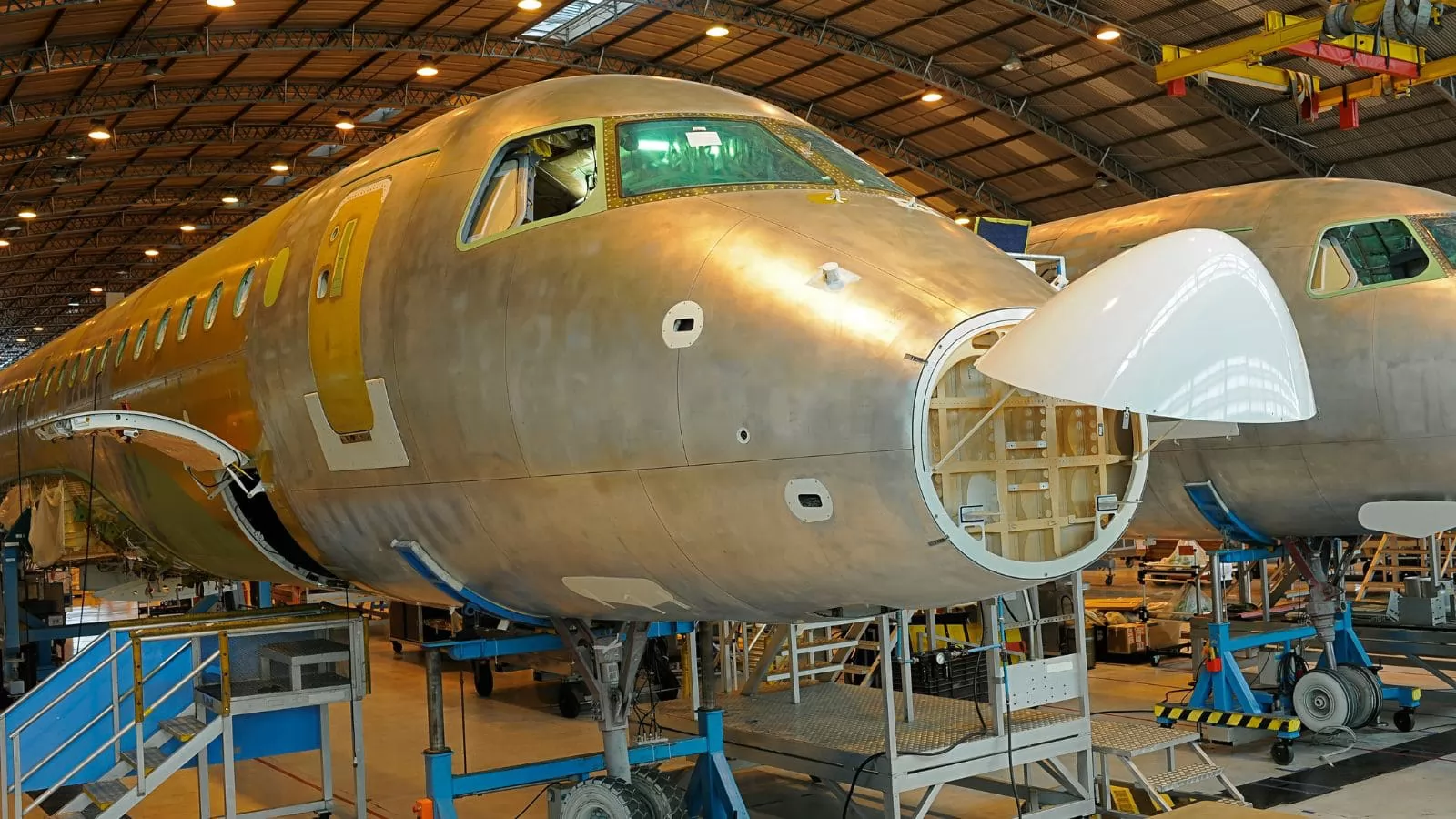
| Property | 6061 Aluminum | 7075 Aluminum |
|---|---|---|
| Yield Strength | ~40,000 psi | ~73,000 psi (higher) |
| Hardness | Moderate, more formable | High, more durable |
| Corrosion Resistance | Excellent (especially anodized) | Moderate (requires treatment) |
| Thermal Conductivity | Higher | Slightly lower |
| Electrical Conductivity | Good, better conductor | Slightly less conductive |
| Weldability | Excellent | Poor, not recommended |
| Machinability | Easy to machine and form | Harder to machine, more tool wear |
| Cost | Lower | Higher |
*Note: Values vary depending on temper (e.g., T6, T651) and heat treatment.
Yes, but it does not achieve the same corrosion resistance as 6061. Additional coatings may be required for marine or outdoor exposure.
6061 is generally better for thin-walled parts that require forming or welding. 7075 can be used but requires careful machining due to its hardness.
Yes, many manufacturers combine them—using 7075 for high-strength load-bearing parts and 6061 for welded or corrosion-sensitive components.
Both alloys are excellent, but the right choice depends on your application, budget, and fabrication requirements:
Contact us today to discuss your requirements and get professional advice on choosing the right aluminum alloy for your CNC machining project.
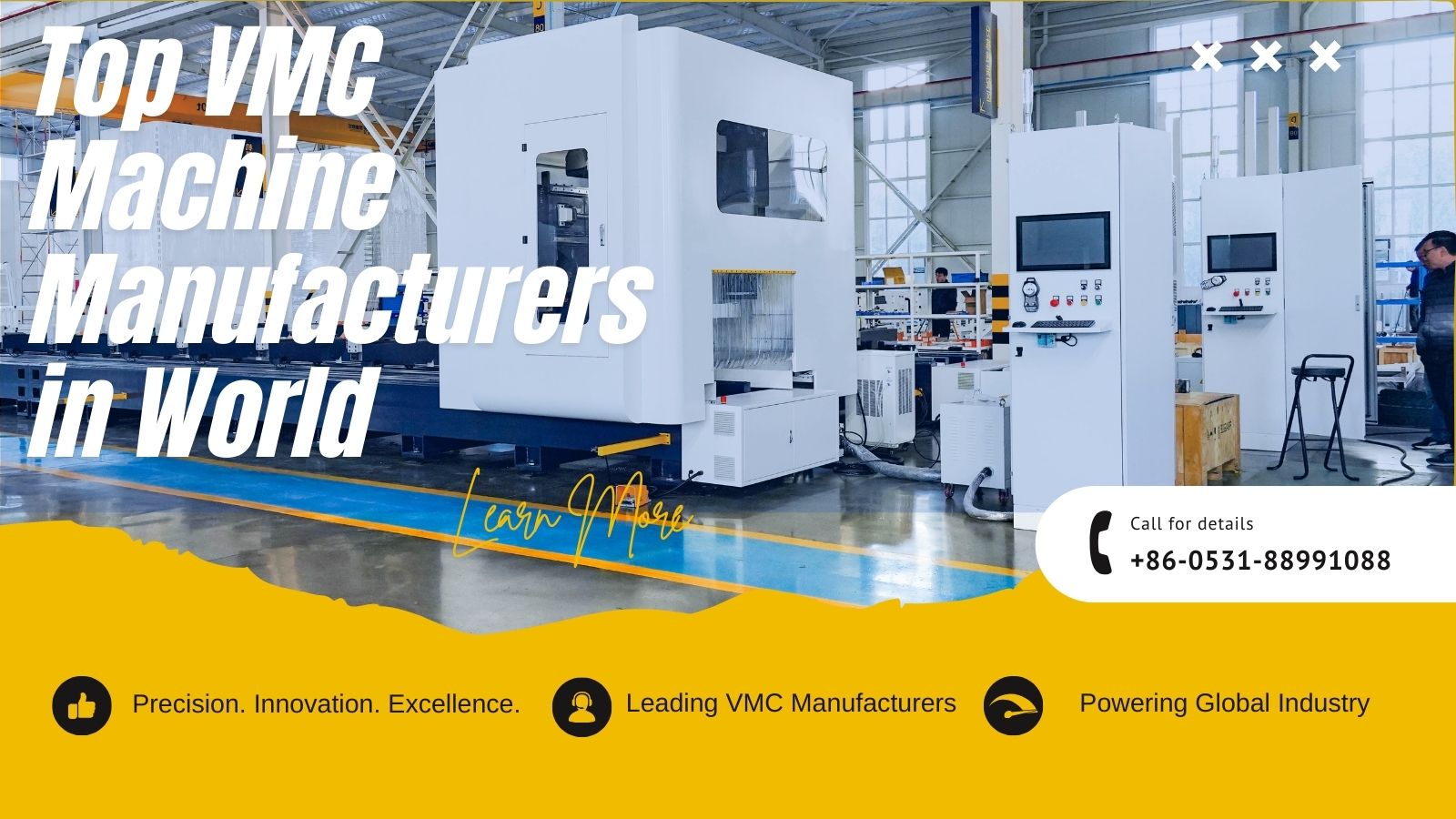

Discover 2025's top 10 VMC machine manufacturers worldwide. Compare leading brands for innovation, reliability and value to find your ideal vertical machining center.
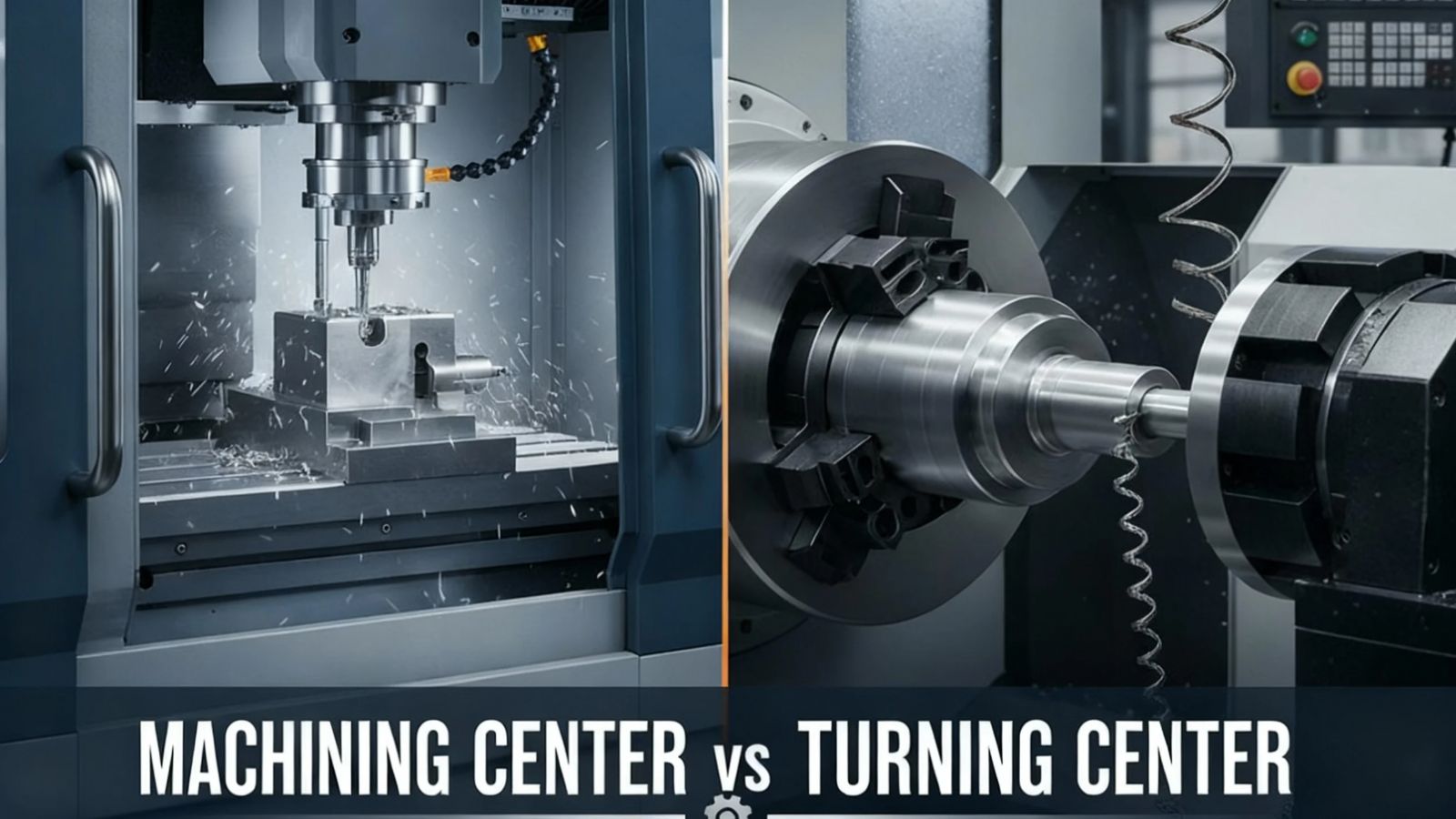

Understand the key differences between machining centers and turning centers. A guide for engineers and procurement on operational capabilities, precision, and selection criteria for CNC equipment.
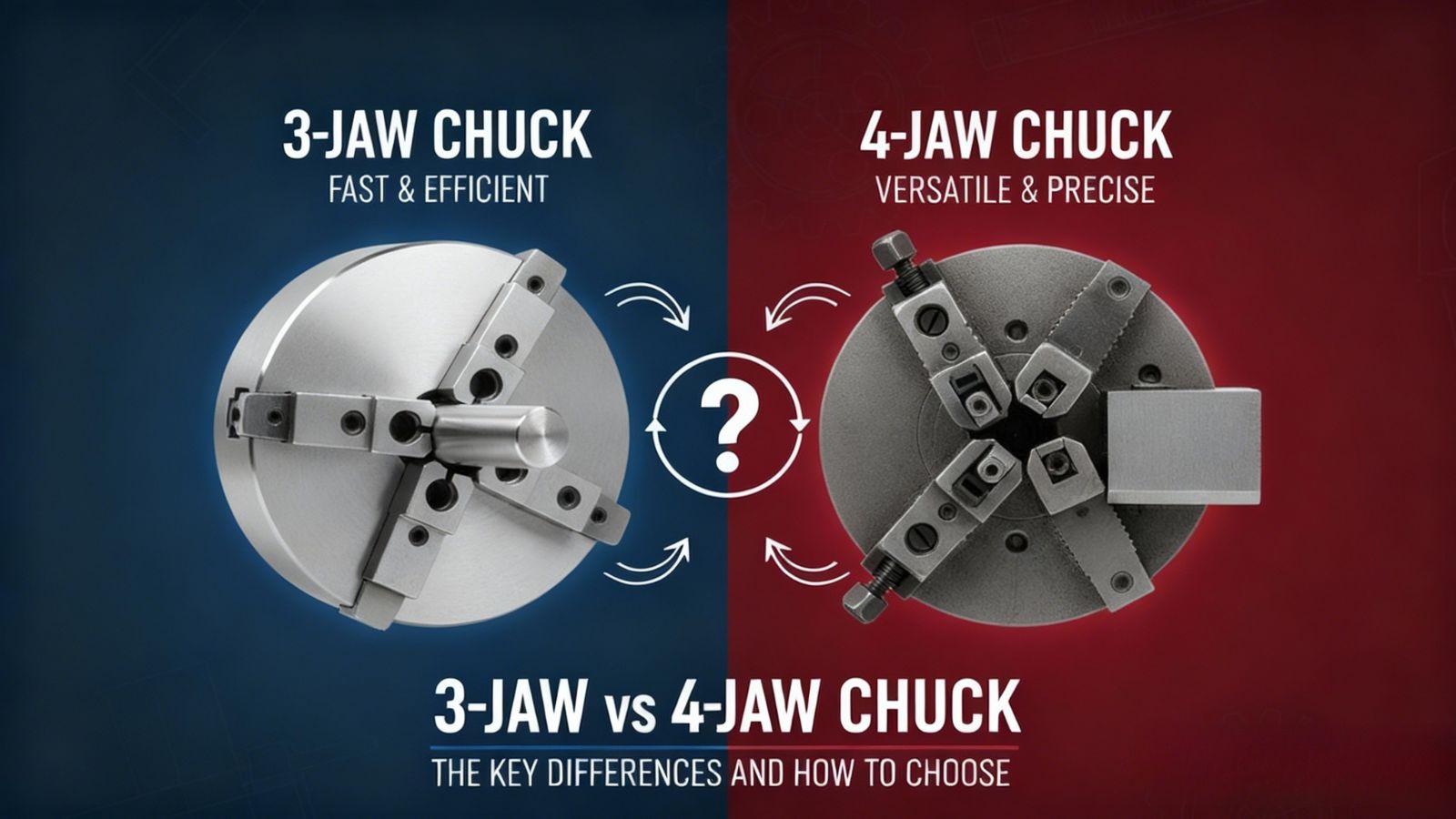

Compare 3-jaw vs 4-jaw chucks for turning operations. Learn the differences in self-centering, precision (runout), setup time, and how to choose the optimal chuck for high-volume or irregular workpieces.
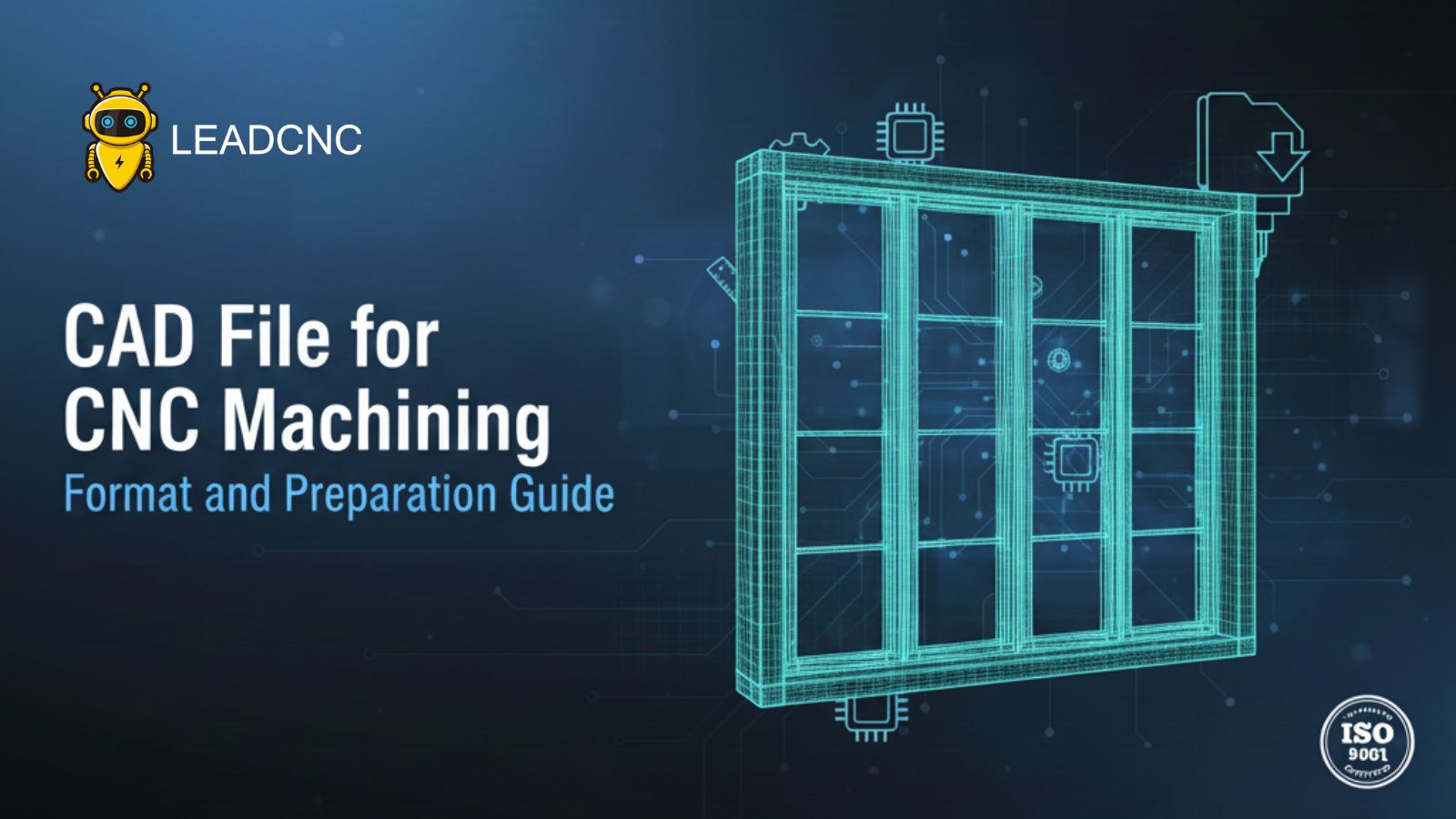

A definitive guide for engineers and procurement on preparing CAD files for CNC. Learn about essential formats (STEP, IGES), DFM practices, and geometric cleanup for precision machining.


